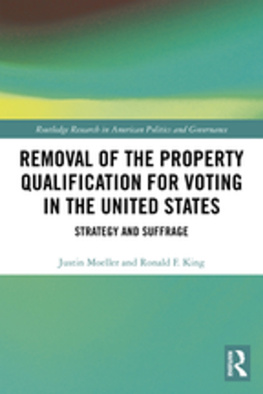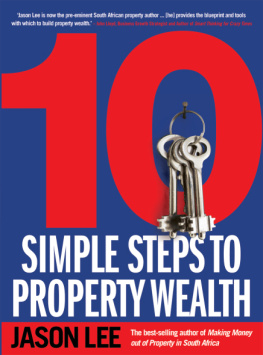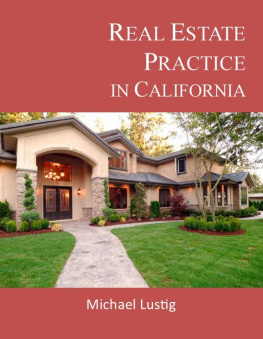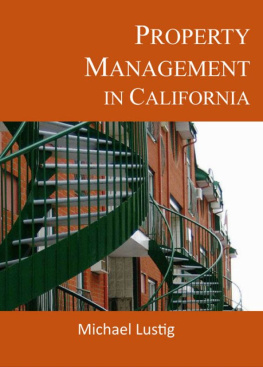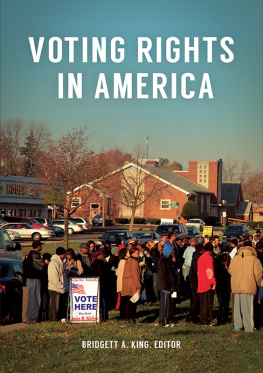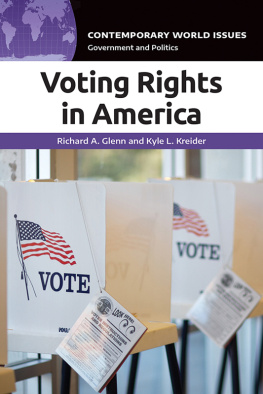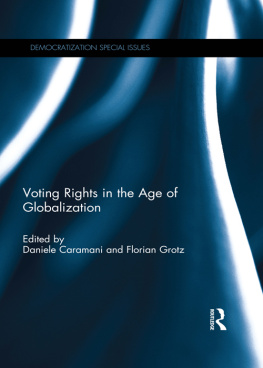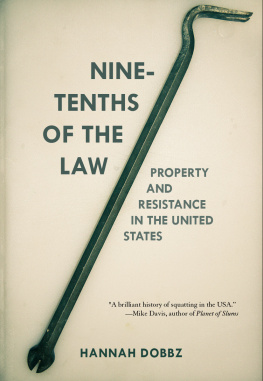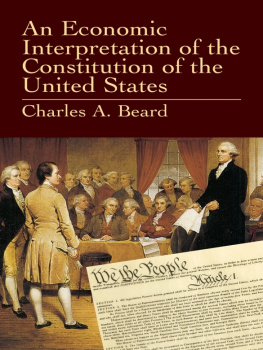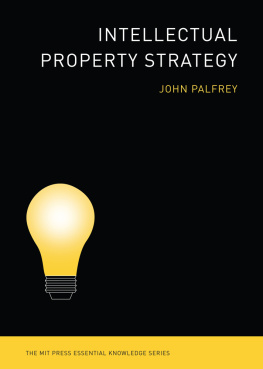Removal of the Property Qualification for Voting in the United States
In Colonial America, democracy was centered in provincial assemblies and based on the collection of neighbors whose freehold ownership made them permanent stakeholders in the community. The removal of the property qualification for voting in the United States occurred over three-quarters of a century and was among the more important events in the history of democratization, functioning to shift voting from a corporate privilege toward a human right.
Moving beyond the standard histories of property qualification removal, Justin Moeller and Ronald F. King adopt the theories and methods of social science to discover underlying patterns and regularities, attempting a more systematic understanding of subject. While no historical event has a single cause, party consolidation and party competition provided a necessary mechanism, making background factors politically relevant. No change in franchise rules could occur without the explicit consent of incumbent politicians, always sensitive to the anticipated impact. Moeller and King argue that political parties acted strategically, accepting or rejecting removal of the property qualification as a means of advancing their electoral position. The authors identify four different variants of the strategic calculation variable, significantly helping to explain both the temporal differences across states and the pattern of contestation with each state individually.
Justin Moeller is an Assistant Professor of Political Science at West Texas A&M, having completed his M.A. from San Diego State University in 2007 and his Ph.D. from the University of Georgia in 2012. An expert on the formal analysis of constitutional rules, his published work includes co-authored papers in American Politics Research and Public Choice.
Ronald F. King is a Professor of Political Science at San Diego State University. His advanced degrees are from Oxford and Chicago. The author of four books and more than three dozen journal articles and book chapters, Professor King has received two Fulbright awards and research grants from the American Philosophical Society, the American Council of Learned Societies, the Russell Sage Foundation, and the Twentieth Century Fund. He has been awarded the title Profesor Onorific by the Political Science faculty at Babe-Bolyai University in Romania.
Routledge Research in American Politics and Governance
Perspectives on Presidential Leadership
An International View of the White House
Edited by Michael Patrick Cullinane and Clare Frances Elliott
Super PAC!
Money, Elections, and Voters after
Citizens United Conor M. Dowling and Michael G. Miller
White Voters in 21st Century America
George Hawley
Candidate Character Traits in Presidential Elections
David B. Holian and Charles L. Prysby
The Social Process of Lobbying
Cooperation or Collusion?
John C. Scott
Congressional Communication in the Digital Age
Jocelyn Evans and Jessica Hayden
Reforming the Presidential Nominating Process
Front-Loadings Consequences and the National Primary Solution
Lisa K. Parshall
Public Debt and the Common Good
Philosophical and Institutional Implications of Fiscal Imbalance
James Odom
Removal of the Property Qualification for Voting in the United States
Strategy and Suffrage
Justin Moeller and Ronald F. King
Removal of the Property Qualification for Voting in the United States
Strategy and Suffrage
Justin Moeller and Ronald F. King
First published 2019
by Routledge
711 Third Avenue, New York, NY 10017
and by Routledge
2 Park Square, Milton Park, Abingdon, Oxon, OX14 4RN
Routledge is an imprint of the Taylor & Francis Group, an informa business
2019 Taylor & Francis
The right of Justin Moeller and Ronald F. King to be identified as authors of this work has been asserted by them in accordance with sections 77 and 78 of the Copyright, Designs and Patents Act 1988.
All rights reserved. No part of this book may be reprinted or reproduced or utilized in any form or by any electronic, mechanical, or other means, now known or hereafter invented, including photocopying and recording, or in any information storage or retrieval system, without permission in writing from the publishers.
Trademark notice: Product or corporate names may be trademarks or registered trademarks, and are used only for identification and explanation without intent to infringe.
Library of Congress Cataloging-in-Publication Data
A catalog record for this title has been requested
ISBN: 978-1-138-72694-9 (hbk)
ISBN: 978-1-315-19112-6 (ebk)
Typeset in Times New Roman
by Wearset Ltd, Boldon, Tyne and Wear
Every book is a collaborative effort. We have spoken with and learned from such a great number of people, and there is no possible way to list them all. Without intending to be comprehensive and apologizing in advance to the many not explicitly mentioned, we wish to express our appreciation to: Scott Ainsworth, Ryan Bakker, Edith Camargo-Renteria, Keith Dougherty, Susan Ellis, Joanne Ferraro, Sharon Gramby-Sobukwe, Adriana Groza, Trey Hood, Brian Levey, John A. Maltese, Elizabeth Moeller, Donald Ratcliffe, Henry Barbier Sirgo, and the anonymous referees. Ron King would like to thank the Porteous Endowment and the University Grants Program of San Diego State University.
We dedicate this book to the next generation of troublesome democratsSavannah, Damien, and Benjamin.
The U.S. Constitutional Convention of 1787 intentionally left voting rules to the decision of the individual states. All thirteen of the American colonies had entered the revolutionary period with some form of property-based franchise limitation, most often using a real estate criterion. In early America, democracy typically was centered in provincial assemblies and based on the congregation of neighbors whose freehold ownership made them permanent stakeholders in the community. An inheritance from British authority, some form of property restriction was retained in nearly all the initial state constitutions. Pennsylvania repealed its property qualification for voting in 1776. Yet the pace of subsequent repeal was quite uneven, extending over decades. North Carolina in 1857 was the last state to fully eliminate its property requirement. (See the Appendix for details.) Significantly, the property qualification for white adult male voters was abolished throughout the United States by the start of the Civil War, establishing the fundamental principle that suffrage rights should be located within the individual, independent of his (or her) threshold of possessed wealth.
Removal of the property qualification was neither automatic nor inexorable. While reform occurred eventually in every state, there was a considerable difference in timing and circumstance, and in the degree of consensus, compromise, or contention. The importance of the topic, historically and theoretically, plus the substantial cross-state variation spanning more than three-quarters of a century, makes analysis of the property qualification removal particularly salient. Our purpose is not to construct another comprehensive narrative of events. Instead, the event histories will serve as data, useful for understanding the causal conditions under which voting rights have been expanded or contracted in the United States.

